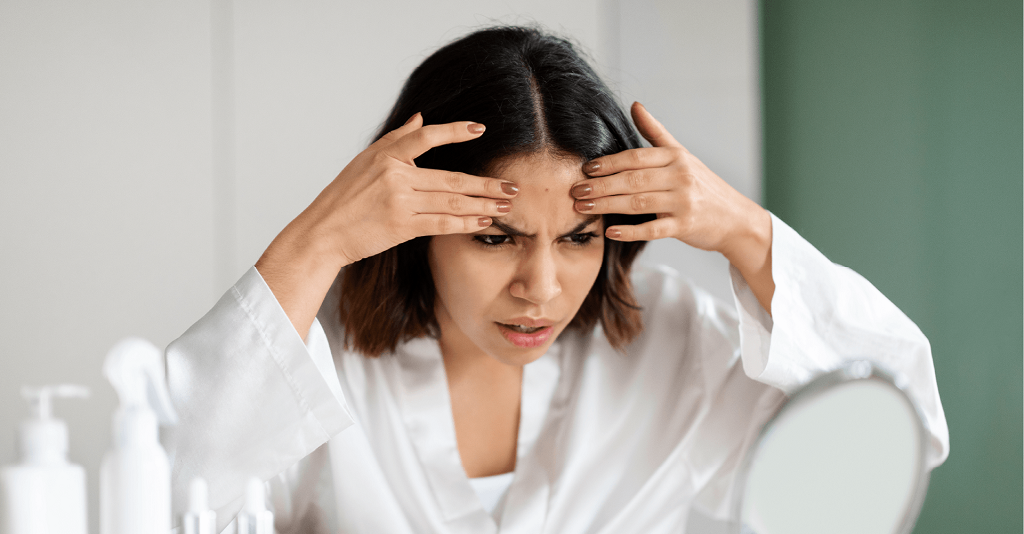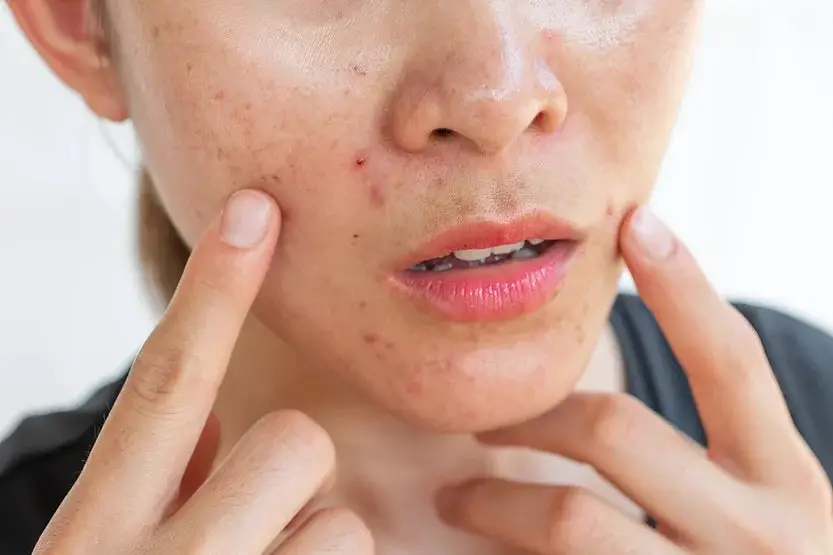Antifungal Treatments for Folliculitis: A Beautician's Guide
As a beautician, understanding the skin conditions your clients may face is crucial to providing comprehensive care and advice. One of these often misunderstood skin issues is folliculitis, a common condition where hair follicles become inflamed. When it's caused by fungal infections, the primary focus shifts towards antifungal treatments for folliculitis.
Folliculitis can be uncomfortable and bothersome, especially when it manifests as red, itchy bumps on the skin. Many clients seek the expertise of beauticians not just for beauty treatments but also for guidance in managing skin health. This is where knowing about these antifungal strategies becomes invaluable for providing holistic skincare solutions.

Understanding Folliculitis
Folliculitis is essentially the inflammation of hair follicles due to various causes, including bacteria, fungi, or an overgrowth of yeast. For a deeper understanding of this condition, you can refer to this comprehensive guide. While mild cases heal on their own, more severe instances, especially those involving fungi, require targeted interventions.
Identifying Fungal Folliculitis Symptoms
Recognizing fungal folliculitis symptoms can be slightly tricky as they mimic other skin conditions. Typical signs include constant itching, clusters of small red or pus-filled bumps, and irritation in areas with hair. As a beautician, you can guide your clients by advising them to notice these symptoms and seek appropriate medical treatment.
Topical and Oral Antifungal Treatments
For treating fungal folliculitis, both topical and oral medications are available. Topical treatments, such as creams and lotions containing antifungal agents, are applied directly to the affected area. Oral medications are prescribed for more severe cases. Beauticians can learn about these options through reliable sources like the article on topical antibiotics for folliculitis.
The Role of Antifungal Soaps
Incorporating antifungal soaps into a skincare routine can be an essential step in managing this condition. These soaps work by eliminating the fungi that contribute to the infection. A related read on using antifungal soap with tea tree oil highlights its benefits.
Preventive Measures for Beauticians
Prevention plays a key role. A few preventive steps can help keep folliculitis at bay. Encourage clients to keep skin clean and dry, avoid tight clothing that can irritate hair follicles, and practice good shaving techniques. For instance, exploring gentle over-the-counter treatments and the importance of relaxation as seen in mushroom coffee benefits can offer holistic well-being.
Natural Remedies
While professional treatments are necessary, some natural remedies can complement medical advice. Ingredients like tea tree oil, aloe vera, and apple cider vinegar have anti-inflammatory properties that might help soothe mild cases.
When to Seek Medical Consultation
Professionals should always emphasize the importance of consulting a dermatologist when folliculitis symptoms persist or worsen. Medical experts can conduct assessments and prescribe necessary interventions, such as rigorous antifungal treatments or other advanced therapies.
Conclusion
As a beautician, being well-versed in the realm of antifungal treatments for folliculitis enriches the services and advice you offer. It's about ensuring the skin health of your clients is prioritized and effectively managed. Encouraging them to approach their skin health holistically paves the way for not just temporary relief, but long-term skin health.

FAQ: Answering Common Questions on Antifungal Treatments for Folliculitis
1. What causes fungal folliculitis?
Fungal folliculitis is primarily triggered by yeasts or other fungi affecting hair follicles. Poor hygiene, sweat, and warm climates can contribute to its development.
2. Can antifungal creams be used for all skin types?
While antifungal creams are generally safe, it's advisable for clients to conduct a patch test or consult a dermatologist to ensure suitability for their specific skin type.
3. How long does it take for antifungal treatments to show results?
Results can vary with the severity of the infection. Typically, improvements show within a few weeks of consistent treatment. However, severe cases may require prolonged care.

